Beth Moore is up to Some No Good, Very Bad, LGBT-Affirming Pastrixy Stuff
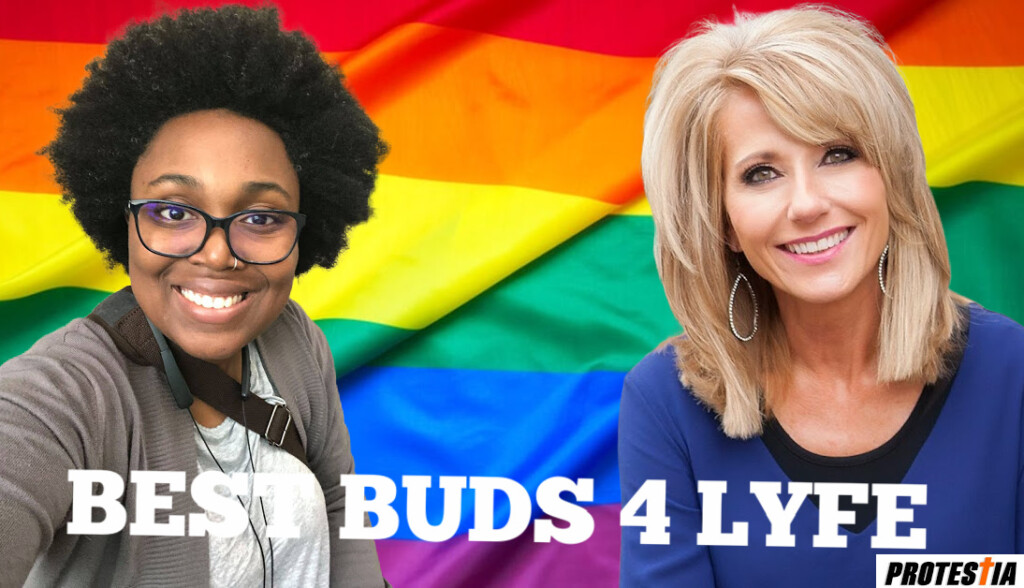
Beth Moore has been following the debate on the dailies in the Southern Baptist Convention (SBC) over whether or not a woman can be called “Pastor” after news broke that the SBC’s North American Mission Board (NAMB) helped plant a church with a lead pastrix who intended to lead as that very thing. This led Moore to weigh in with her usually couched and vague language about the roles and titles that ladies can and should assume within her denomination.
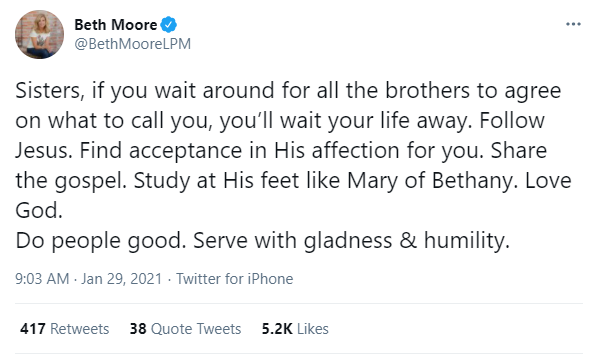
Moore is an egalitarian who alternates between sneaky and veiled advocacy for women preachers all the while publicly claiming the squishiest form soft-complementarianism possible, an example which can be found here.
In fact, recently she lauded another pastrix as a woman of faith who is the insightful and brilliant bee’s knees, none other than LGBT-affirming, openly pro-choice, Episcopalian priestess Ally Henny, who is also Vice President of Jemar Tisby’s Witness BBC.
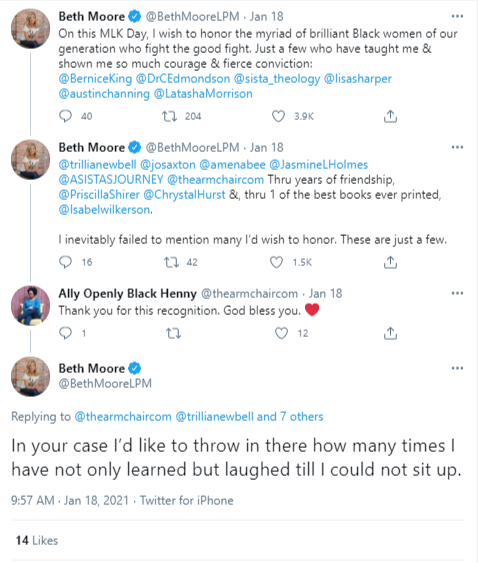
Henny, who makes sure her pronouns (she/her) are known in her bio, was recently featured in a sermon by @wokepreachertv that abused the scriptures so much, we had to file a proverbial police report after listening to it.
Moore’s point is clear though. If you’re a woman, don’t wait for men to tell you that you can’t be a preacher or pastor. Follow Jesus, call yourself whatever you’d like, and “you do you.”

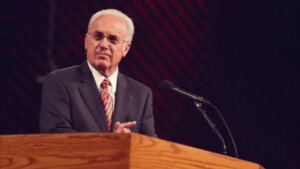

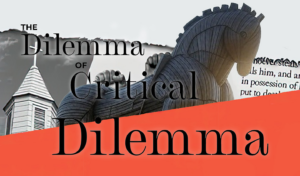
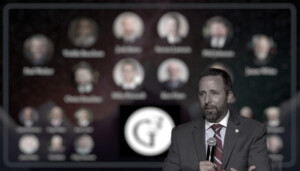
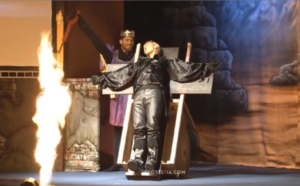
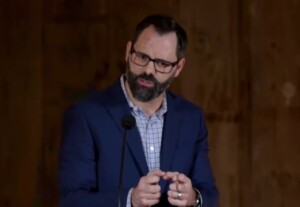
Jezebels.
I spent some time in the episcopal church, boy was this sort of a walk down memory lane. Every sermon sounds just like that. I wonder if someone at a some central office writes these sermons and sends them out. They have a type of biblical hermeneutic that sounds sort of good. It’s easy for some people to think they are preaching the Bible there. They also very much stress the church community. There’s always a lot about supporting and taking care of each other, the way she said the servants should have checked on each other is typical.
Some modern evangelical churches don’t really sound much different.